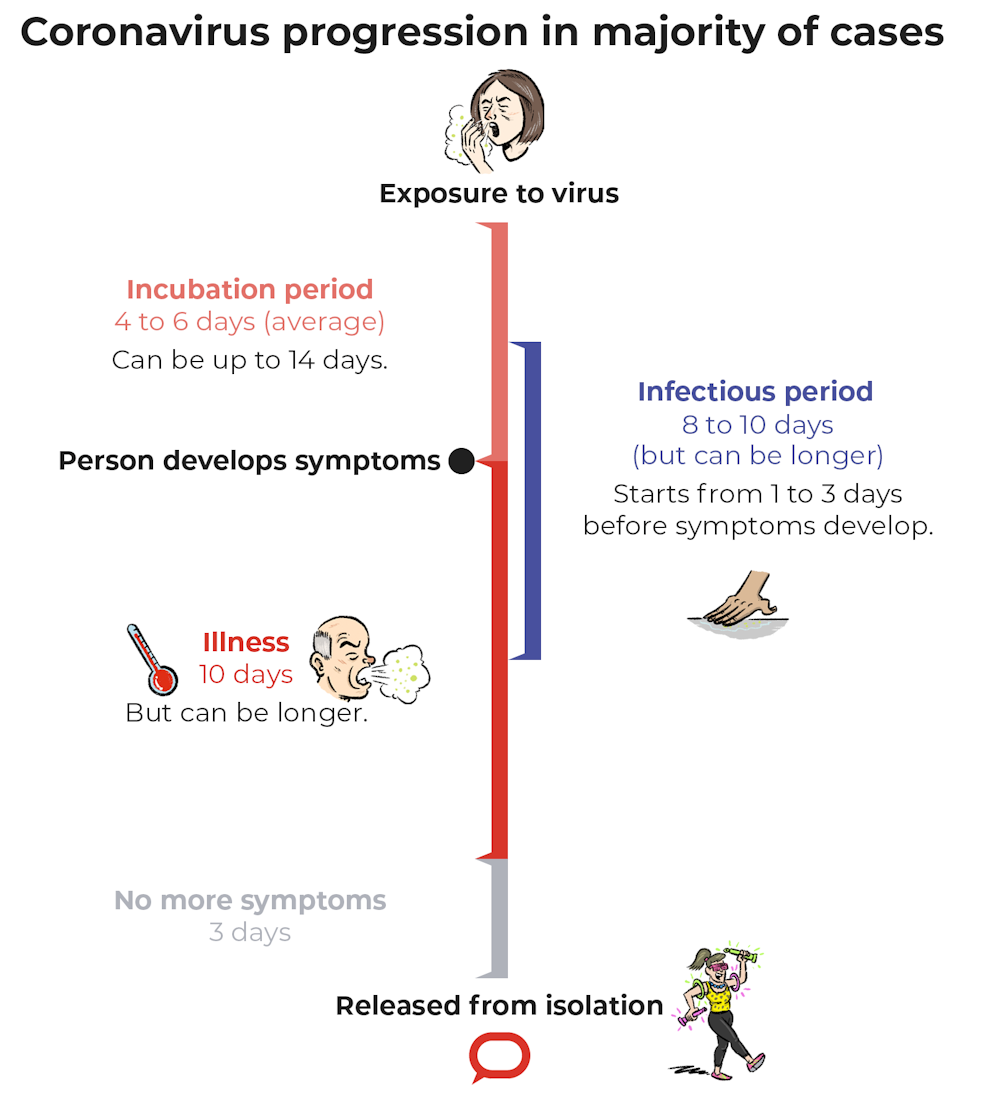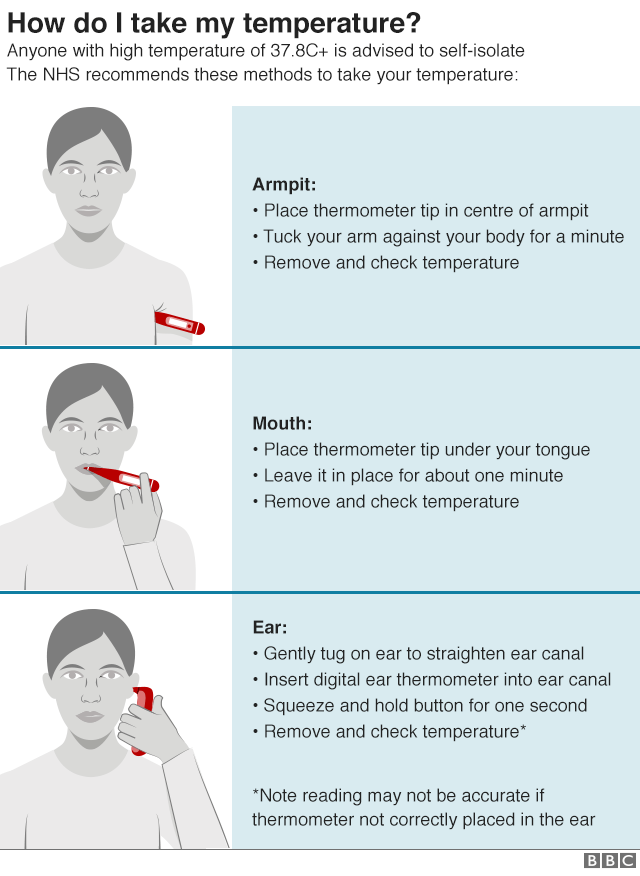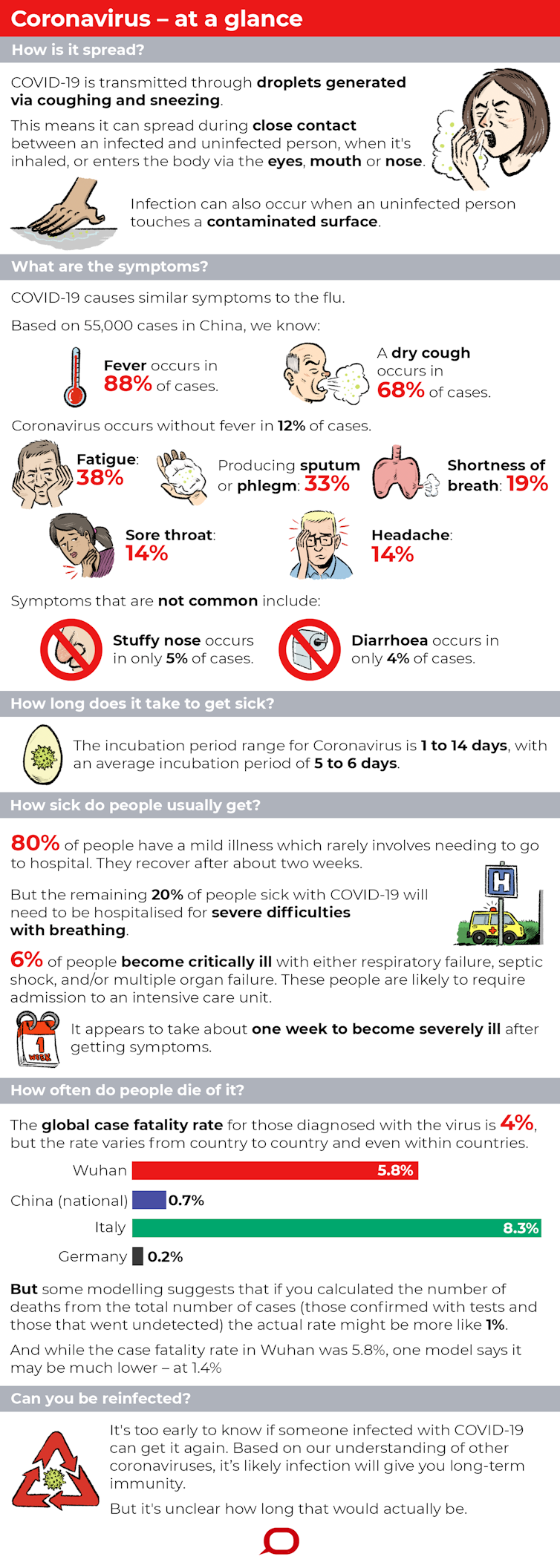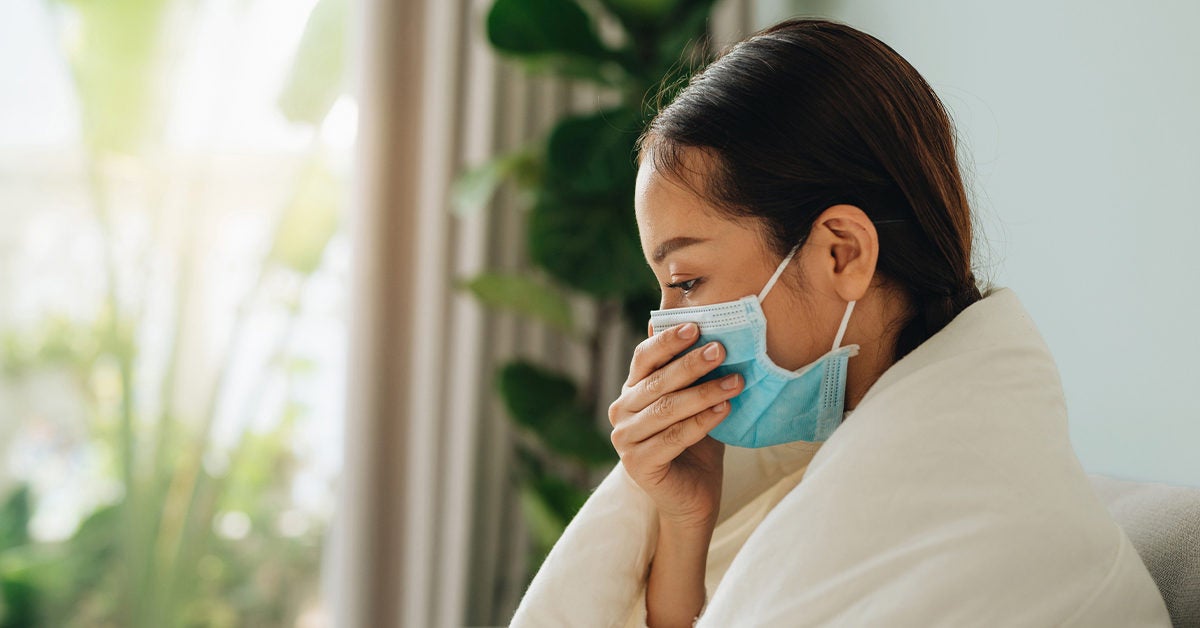In other words based on the day a person actually becomes ill how far back should contact tracing go. While the incubation period for the virus can be as long as 14 days research suggests that people who are infected with SARS-CoV-2 the virus that causes the COVID-19 illness may become infectious.

Covid 19 Covid 19 Timeline Why It S Crucial To Quarantine For 14 Days After Exposure
On average symptoms showed up in newly infected people about five days after contact.

How long after contact do covid symptoms start. However most people will start to experience symptoms within three or four days of exposure. Edwina Seselja Help keep family friends informed by sharing this article. It can cause a new continuous cough fever or loss of or change in sense of smell or taste anosmia.
Most side effects will stop within 48 hours. People rarely get symptoms directly after exposure. A person can develop COVID-19 after contracting the SARS-CoV-2 virus.
Symptoms of COVID-19 typically appear 214 days after exposure to the virus and the mean incubation period is 51 days. You just have a cough or changes to your sense of smell or taste these can last for weeks after the infection has gone. Most people have a sore arm right after being vaccinated and more body-wide effects like fever and chills within 8 to 12 hours.
By the 10th day after COVID symptoms begin most people will no longer be contagious as long as their symptoms have continued to improve and their fever has resolved. You do not have any symptoms. The time between getting infected with a disease and starting symptoms is known as the incubation period.
Generally coronavirus can cause more severe symptoms in people with weakened immune. COVID-19 Symptoms Usually Show Up in This Order. So its possible we may see more cases of COVID-19 as the virus takes some time to spread.
You can stop self-isolating after the 10 days if either. How long before COVID-19 symptoms appear is a person contagious. According to the Centers for Disease Control and Prevention the incubation period the time from exposure to when one develops symptoms ranges from two.
When to stop self-isolating. The incubation period for COVID-19 is between 2 and 14 days. The incubation period for COVID-19 seems to be anywhere from three to fourteen days.
In most viral illnesses people are most likely to spread an infection up to 48 hours before symptoms develop. COVID-19 symptoms typically occur 2 to 14 days after exposure to the virus most commonly after 4 to 5 days. Most people will experience mild-to-moderate symptoms during.
Symptoms will start to show up between two and 14 days after exposure to the virus according to Centers of Disease Control and Prevention. Most people develop symptoms 5 to 6 days after being in contact with a person with the coronavirus. You can be a contact any time from 2 days before the person who tested positive developed their symptoms or if they did not have any symptoms from 2 days before the date their positive test was.
Covid restrictions have been altered in the UK so that anyone who has come into contact with someone who has the Omicron variant of the virus to isolate. On average symptoms of COVID-19 seem to appear around 5. On the other hand research suggests that people who are infected with SARS-CoV-2 the virus that causes COVID-19 are at their most contagious in the 24 to 48 hours before they experience symptoms.
Theres been an increase in COVID-19 cases because of the delta variant of the coronavirus. A total of 42 cases of the Omicron variant. Australias national COVID-19 public health guidelines use a 14-day incubation period to inform many public health measures such as quarantine and isolation.
Covid-19 the disease caused by the coronavirus has been unpredictable in the range of symptoms it can cause. The incubation period for the novel coronavirus is between 2 and 14 days. Coronavirus symptoms start about five days after exposure Johns Hopkins study finds The median incubation period of COVID-19 from exposure to the onset of symptoms is 51 days researchers say meaning the recommended 14-day quarantine period is a reasonable amount of time to monitor individuals for development of the disease.
This is based on a study done in Wuhan China where the pandemic started. Symptoms of COVID-19 can appear between 1 to 14 days after a person is exposed to the virus. But when it turns serious it often follows a consistent pattern.
A study from the University of Southern California was able to determine that COVID-19 symptoms often start in a certain order. But you would still expect there to be a few days between the time a person is exposed and infected and the time they begin actively shedding virus. Generally there is a five to seven day incubation period and after that is when you need to worry about contagiousness.
The incubation period for COVID-19 the time between when you become infected with a virus and when you begin to show symptoms is believed to be around five days. The vaccine cannot cause a COVID-19 infection so symptoms mean your body is building a healthy immune response. If you get symptoms while youre self-isolating the 10 days restarts from the day after your symptoms started.
In some instances symptoms appeared as quickly as two days after exposure but most people with symptoms. But the average time before showing symptoms is thought to be 5 days. Coronavirus COVID-19 is the illness caused by a strain of coronavirus first identified in Wuhan city China.
According to the. People who test positive for the virus but never develop symptoms over the following 10 days after testing are probably no longer contagious but again there are documented exceptions.

Covid Symptoms What Are They And How Do I Protect Myself Bbc News

Coronavirus How Long Does It Take To Get Sick How Infectious Is It Will You Always Have A Fever Covid 19 Basics Explained

How Long Are You Infectious When You Have Coronavirus
Coronavirus Symptoms How Covid 19 Progresses Day By Day


Tidak ada komentar:
Posting Komentar